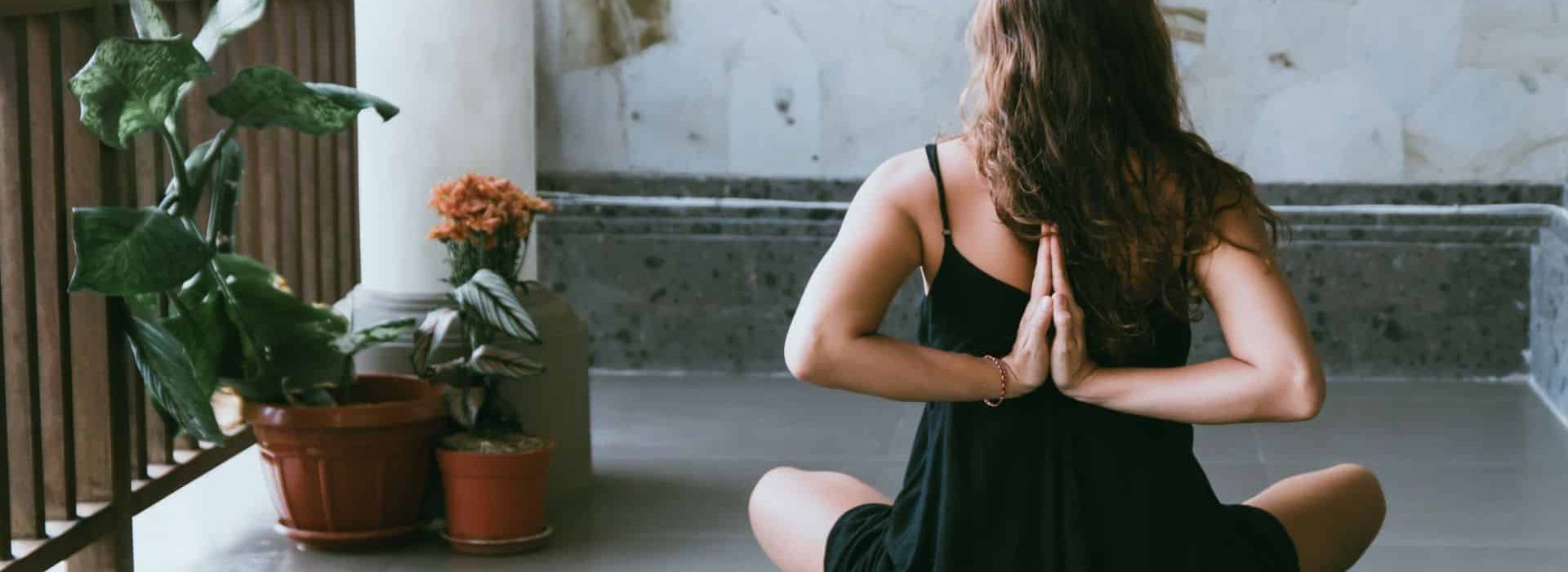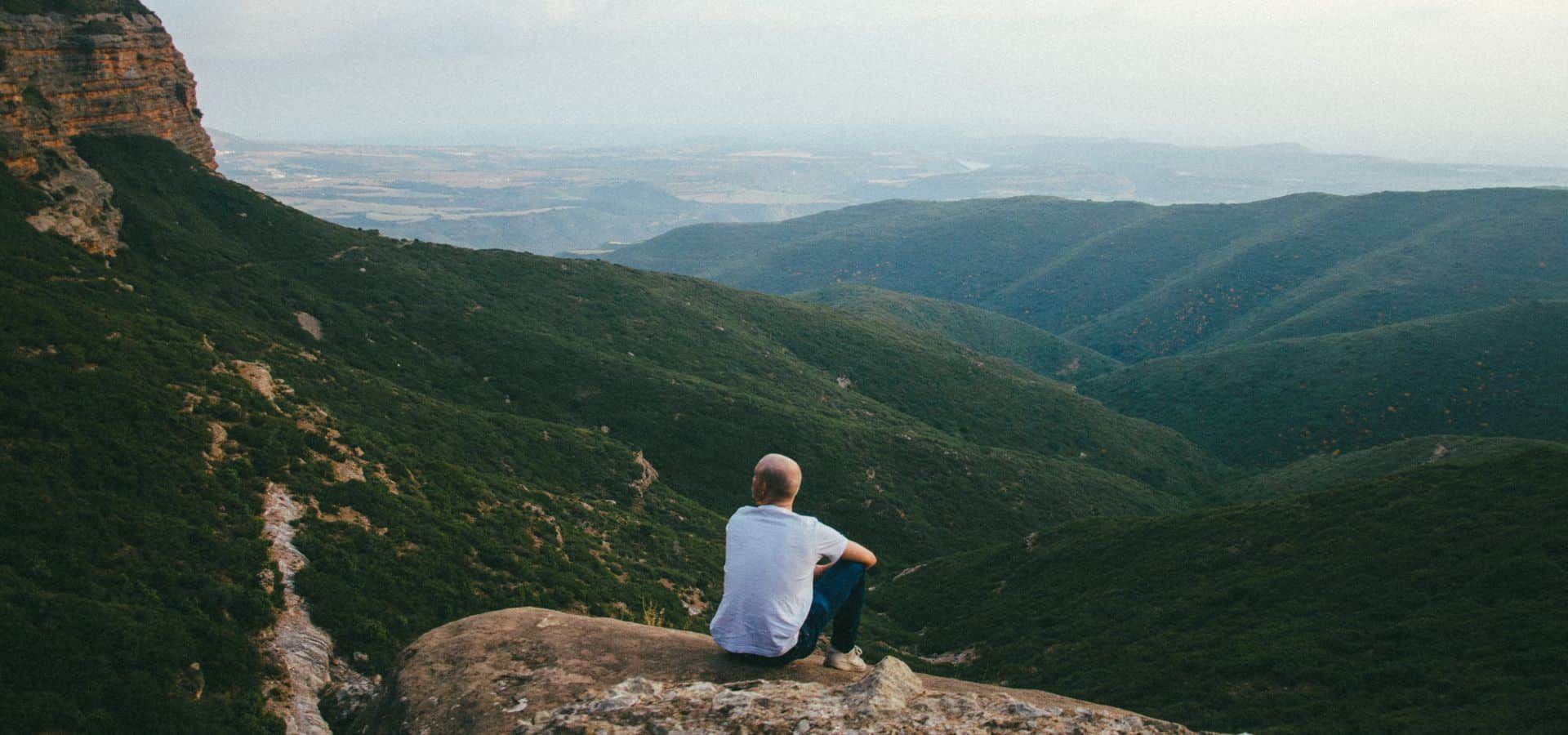Can Yoga Help with Overcoming Addiction?

As the addiction treatment world continues to evolve, it has become increasingly clear that treating substance use disorders is most effective when done from a holistic perspective. That means that in addition to traditional modalities of addiction treatment such as individual talk therapy, solution-focused therapies such as CBT, and medication-assisted treatment, a recovery plan is most effective and engaging if it includes experiential therapies such as yoga, art therapy, and nature therapy that help to nurture and heal the whole person. When we address all parts of a person’s experience, rather than just the addictive behavior in a vacuum, there is a much greater success rate for achieving long term recovery. This means healing the underlying root cause of the drug or alcohol abuse and helping to create a path towards long-term sobriety that nurtures a person’s physical, mental, emotional, and spiritual wellbeing. There are countless ways in which yoga has been shown not only to benefit our physical bodies, but also to nourish all realms of our experience. For this reason, we at Flatirons Recovery have integrated yoga specifically tailored to early recovery into our addiction treatment curriculum.
What is Yoga?
Yoga is an ancient Hindu practice that engages both the body and the mind through a variety of physical postures and meditations. People all around the world practice yoga today for a variety of benefits. Yoga is both a physical workout that builds both strength and flexibility as well as a mental and spiritual practice that helps calm the mind, bring attention to thoughts, and engage the parasympathetic nervous system, the part of our nervous system that helps regulates rest, digestion, and relaxation. The benefits of yoga can be tremendous for anyone, regardless of experience, age, health, or ability, and people in early addiction recovery are no exception. Here are a few of the ways that, coupled with other treatment modalities, yoga can enhance your time in addiction treatment:
Mindfulness
Mindfulness is refers to the practice of noticing your experience without judgement. We have created an addiction treatment curricula based on mindfulness because we know it works, not just for helping people curb their drug and alcohol abuse, but also in addressing the underlying cause of their addiction and finding long-term inner peace. Yoga is an excellent way to cultivate the mindfulness that can be so beneficial in addiction recovery. When we practice yoga, we are encouraged to slow our minds and listen to the felt experiences in our bodies: to the way a posture makes us feel, to our physical limits, to our connection with the earth below our mats. We are directed to listen to our breath as it passes in and out of our lungs, using this rhythm to flow through yoga postures and sequences. We may be instructed to imagine our spine lengthening as we inhale, and then fold deeper into a forward bend stretch as we exhale. After an hour of practicing mindfulness in this way, the ability to notice what is happening within us is strengthened, and carried off of the yoga mat and into the rest of our lives. When we are met with the many unpleasant experiences associated with early recovery, such as anxiety, irritability, or cravings, we may find ourselves able to make peace with our emotions a little bit easier.
Boundaries
The development of healthy boundaries are an essential part of early addiction treatment, and absolutely necessary in maintaining long-term sobriety. We need to develop the ability to understand what feels good to us, what doesn’t, and how to state our needs and set limits unapologetically. Without this skill, a person in early recovery is at very high risk of relapse, especially if they are aren’t able to say no to using drugs or the situations that may trigger them to do so. Yoga helps us practice listening to and setting boundaries with ourselves. We are encouraged to notice when a pose is too much, and to back away and modify it before we injure ourselves. Yoga helps to to build flexibility, not just physically but mentally as well, adapting to our needs in the present moment. One day we may be able to touch our toes effortlessly, and the next, feel a million miles away. This is both normal and ok! Progress and growth are never linear, and we get to witness this firsthand in our yoga practice. With each breath, we are listening to our intuition and the needs of our bodies. Like mindfulness, with repetition this practice follows us off of our yoga mats and into the rest of our lives. After practicing yoga, we may find it easier to know when a situation doesn’t feel right to us and walk away without guilt because we have practiced this very skill on the mat.
Tranquility
Yoga has been scientifically shown to decrease our fight/flight response (sympathetic arousal) and engage our parasympathetic nervous system, thereby helping us to feel calm and relaxed. When our parasympathetic nervous system is engaged, our anxiety and irritability decrease, our sleep, digestion, and appetite improve and we are more able to manage stress, communicate clearly with others, and feel in control of our actions. As with any exercise, we reap numerous benefits by increasing our strength and flexibility, raising our heart rate, and increasing circulation in our bodies. After a yoga class, it is common to feel tranquil, almost blissfully so, and more grounded in the present moment.
Yoga at Flatirons Recovery
At Flatirons Recovery, we integrate yoga specifically tailored towards early addiction recovery into our programming because we know how extraordinarily beneficial it is to our clients. Our yoga teacher specializes in working with people in recovery, and maintains a trauma-informed approach to teaching to assure our clients feel safe and therapeutically held as they develop or deepen their yoga practice. Yoga is done at our treatment center in Boulder, Colorado, and clients who stay with us at our residence have access to both yoga equipment and additional community yoga classes should they wish to expand their yoga practice beyond our clinical programming.

